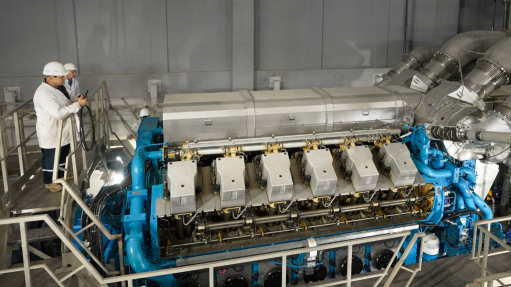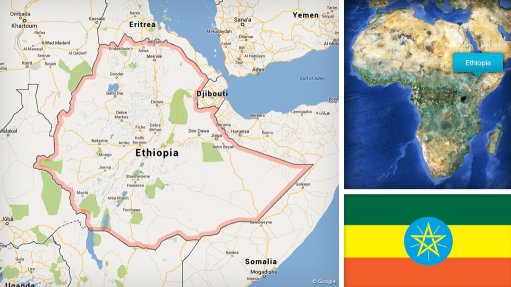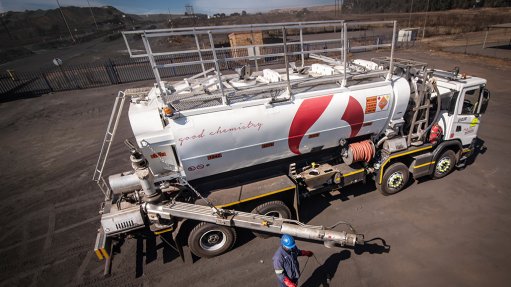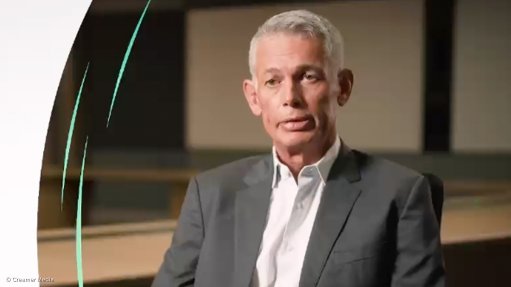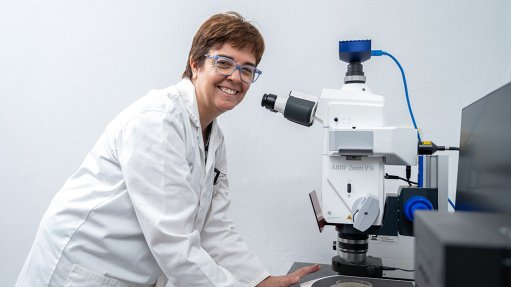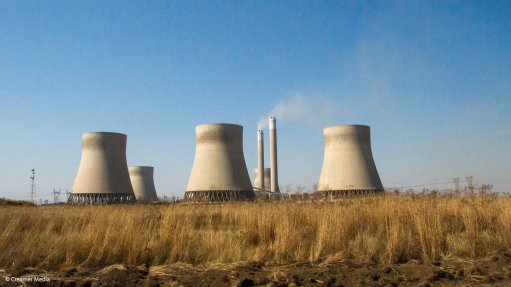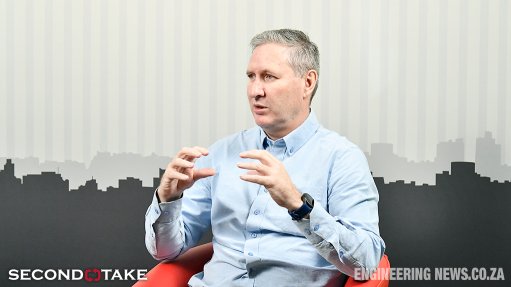Global energy company highlights importance of sustainable aviation fuels
Air bp, the aviation fuels division of global major energy giant bp, has highlighted the importance of sustainable aviation fuels (SAF) in the decarbonisation of aviation (although it would not be the sole option available, with electric and hydrogen propulsion also having roles to play in achieving this end). Because of SAF’s importance, it was necessary, the company affirmed, to understand the technology pathways for producing it, and the sources of the feedstocks for its production.
The different feedstocks needed to follow different technology pathways in order to be processed into SAF. The five main SAF feedstocks were sugar and cereal, oils and fats, agricultural and wood residues, municipal solid waste, and renewable energy and carbon. SAF could be produced either in standalone facilities, or by co-processing in fossil fuel refineries (in which SAF feedstocks, through hydro-processing, could account for up to 5% of such a refinery’s total feedstocks).
Standalone facilities produced synthetic kerosene (SK). Currently, SK was blended with conventional jet fuel before being used to fuel aircraft.
All SAF production pathways had to be certified by international standards organisation ASTM. There were now seven ASTM-approved pathways for the standalone production of SK, and two ASTM-approved pathways for the co-production of SAF in fossil fuel refineries.
“With standalone units the feedstock is converted in a biorefinery into SK and then certified to the relevant annex in [the] ASTM D7566 standard,” explained Air bp. “This SK is then blended up to 50% with conventional jet fuel and certified to ASTM D1655 or Defence Standard 91-091 and is supplied as a conventional Jet A/Jet A-1 fuel.”
Currently, the most popular feedstock for SK was hydrotreated esters and fatty acids (HEFA). This was because HEFA was readily available and had an energy density close to that of fossil fuels. HEFA was mainly sourced from waste oils, fats and greases; after pre-treatment these could be processed in unmodified hydrocracker units. At present, the HEFA pathway was the only one commercially producing SAF in quantity, but, although available, its current feedstocks were limited.
“Alternative high energy crops that are being trialled or have already been approved as HEFA feedstocks, include algae, camelina, pennycress, tallow tree and carinata,” reported the company. “We promote the use of cover crops (crops grown for the protection and enrichment of the soil), such as carinata, as feedstock when they do not require additional land demand and contribute to sustainable farming practices – supporting soil carbon accumulation, soil quality and biodiversity. bp has already entered into a long-term strategic offtake and market development agreement with [Australia-based global major seeds company] Nuseed to purchase carinata oil.”
Comments
Press Office
Announcements
What's On
Subscribe to improve your user experience...
Option 1 (equivalent of R125 a month):
Receive a weekly copy of Creamer Media's Engineering News & Mining Weekly magazine
(print copy for those in South Africa and e-magazine for those outside of South Africa)
Receive daily email newsletters
Access to full search results
Access archive of magazine back copies
Access to Projects in Progress
Access to ONE Research Report of your choice in PDF format
Option 2 (equivalent of R375 a month):
All benefits from Option 1
PLUS
Access to Creamer Media's Research Channel Africa for ALL Research Reports, in PDF format, on various industrial and mining sectors
including Electricity; Water; Energy Transition; Hydrogen; Roads, Rail and Ports; Coal; Gold; Platinum; Battery Metals; etc.
Already a subscriber?
Forgotten your password?
Receive weekly copy of Creamer Media's Engineering News & Mining Weekly magazine (print copy for those in South Africa and e-magazine for those outside of South Africa)
➕
Recieve daily email newsletters
➕
Access to full search results
➕
Access archive of magazine back copies
➕
Access to Projects in Progress
➕
Access to ONE Research Report of your choice in PDF format
RESEARCH CHANNEL AFRICA
R4500 (equivalent of R375 a month)
SUBSCRIBEAll benefits from Option 1
➕
Access to Creamer Media's Research Channel Africa for ALL Research Reports on various industrial and mining sectors, in PDF format, including on:
Electricity
➕
Water
➕
Energy Transition
➕
Hydrogen
➕
Roads, Rail and Ports
➕
Coal
➕
Gold
➕
Platinum
➕
Battery Metals
➕
etc.
Receive all benefits from Option 1 or Option 2 delivered to numerous people at your company
➕
Multiple User names and Passwords for simultaneous log-ins
➕
Intranet integration access to all in your organisation






